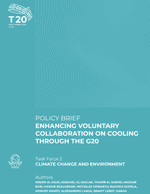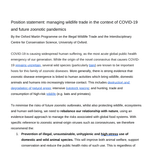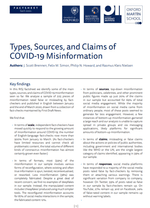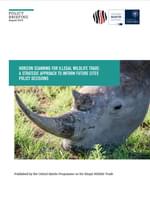Myles Allen, John Lynch, Michelle Cain (Cranfield University) and David Frame (University of Canterbury, New Zealand)
View BriefingOriginally published: 08 August 2018
Updated: 14 July 2022
The conventional Global Warming Potential (GWP) can be misleading when applied to methane emissions, particularly when these are being reduced. A revised usage of GWP, denoted GWP*, which uses the same metric values interpreted in a new way, provides a more accurate indication of the impact of short-lived pollutants on global temperature.
Of particular importance for ruminant livestock farming are the following observations:
- Increasing methane emissions cause very substantial warming, but constant ongoing methane emissions cause relatively little additional warming. In contrast, every tonne of CO2 emitted causes the same amount of warming whenever it occurs. In recent years, global methane emissions have increased, causing lots of warming.
- Gradually declining methane emissions of 10% over 30 years (equivalent to halving over about 200 years) cause no additional warming.
- Faster reductions in methane emissions lead to a lowering of global temperatures. In contrast, until net emissions of CO2 and nitrous oxide are reduced to zero, they continue to increase global temperatures. Reducing methane to zero while continuing to emit CO2 could delay, but not prevent, global temperatures rising.





